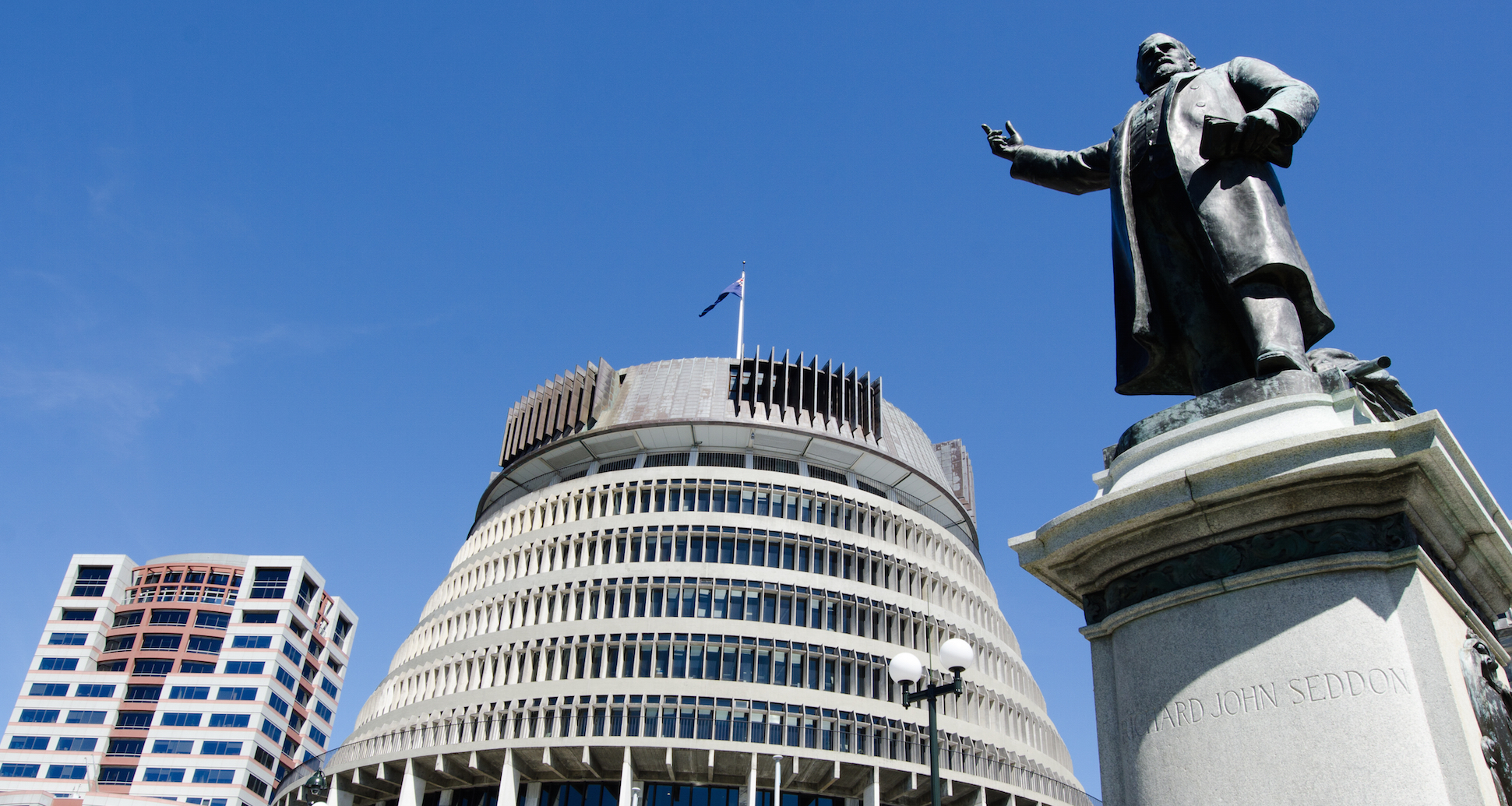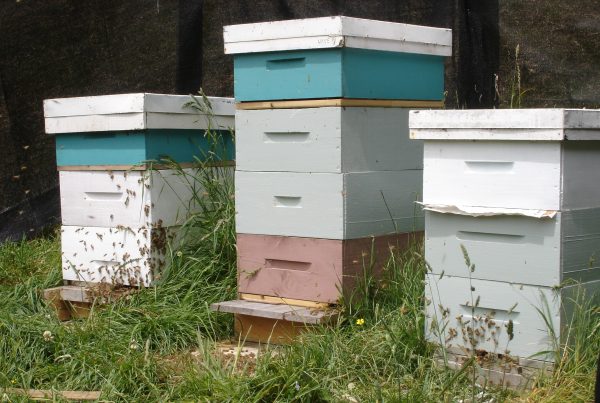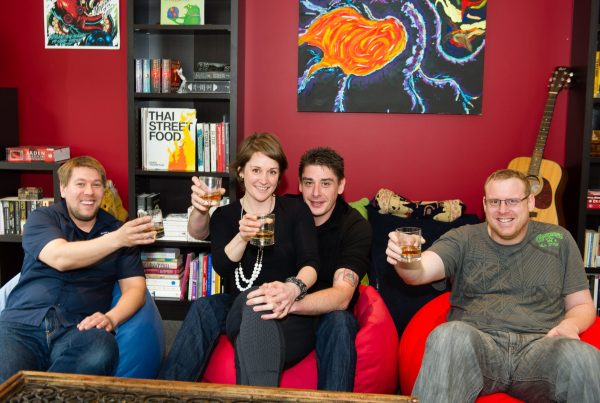
When I first moved to Wellington, I was impressed by the educational possibilities available in our capital city. A decade later, I had come to accept them as ‘the norm’. At the Australian Alliance of Girls’ Schools Conference, held in May in our city and attended by over a hundred leaders of girls’ schools predominantly from Australia, I was reminded that the wealth of educational resources available to Wellington schools is actually ‘abnormal’. My perspective has now been recalibrated as time and time again I heard delegates comment about the cultural richness of our compact capital.
The advantages for schools located in a capital city cannot be underestimated. First of all, there is Parliament with all the opportunities this presents. Apart from students physically being able to tour the Beehive, throughout the city there are reminders of our political past dotted around. They include the refurbished bronze of Keith Holyoake, Kiwi Keith, outside Rugby House; the imposing statue of Richard Seddon, King Dick, dominating Parliament grounds; and Peter Fraser, clutching his hat and coat with his briefcase tucked under his arm, within the Government Buildings Historic Reserve. There are political events for student leaders to attend, such as the Suffrage Day Breakfast in Parliament or Youth Parliament, and also opportunities to serve as youth representatives on government committees.
Then there are the national institutions located in the city: Te Papa, the National Archives, the National Library and the Maritime Museum. These are wonderful destinations for field trips, and house such treasures as the 1893 Women’s Suffrage Petition, physical copies of the Treaty of Waitangi and other cultural taonga.
And, of course, there is the creative side of Wellington. It is not surprising that the girls’ school conference was entitled ‘Creative Girls, Creative Women’ as Wellington, with its diverse population, the most educated in New Zealand, is widely regarded as a crucible for the arts. This is the home of the outstanding Sheilah Winn Shakespeare Festival, with regional winners participating in a national final in the capital. Remarkably, there are three theatres in the city, indie cinemas, numerous art galleries, Toi Whakaari, the New Zealand School of Dance and a vibrant film industry. Last year in the tiny USA town of Tombstone, Arizona, a local told me that The Lord of the Rings was made in Wellington. Apart from that she knew nothing else about New Zealand.
Taking a walk around the spectacular Wellington Harbour is not only beneficial to your health; it is an educational journey with quotes from our enduring literary icons Katherine Mansfield, James K. Baxter, Bruce Mason and others, written on various places along the way. My favourite lines are from poet Lauris Edmond, a passionate Wellingtonian. She writes of the city she loved so much: “It’s true you can’t live here by chance/you have to do and be, not simply watch/or even describe. This is the city of action,/the world headquarters of the verb.”
Get out and get involved in the learning landscape our city provides. Social networking can connect you to the world 140 characters at a time, but 140 steps around our city is worth so much more.




